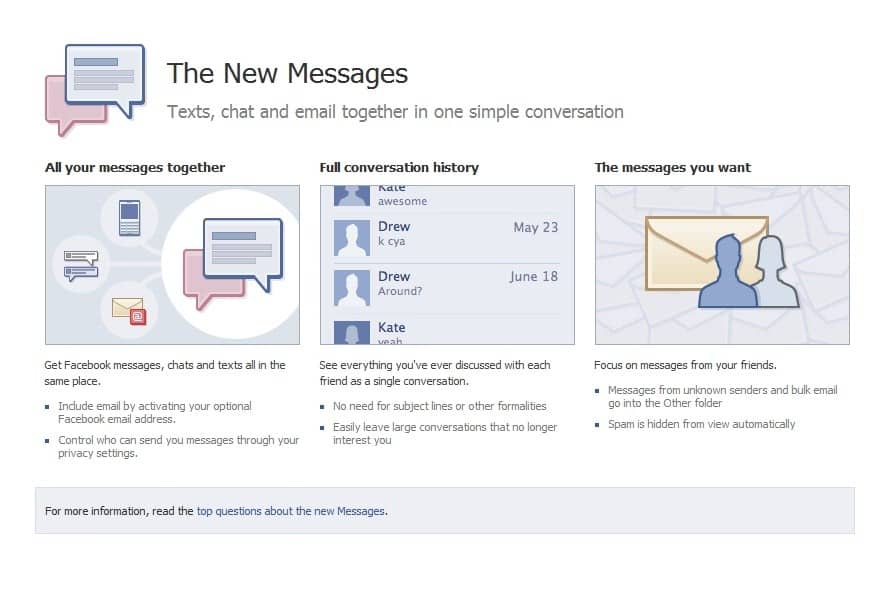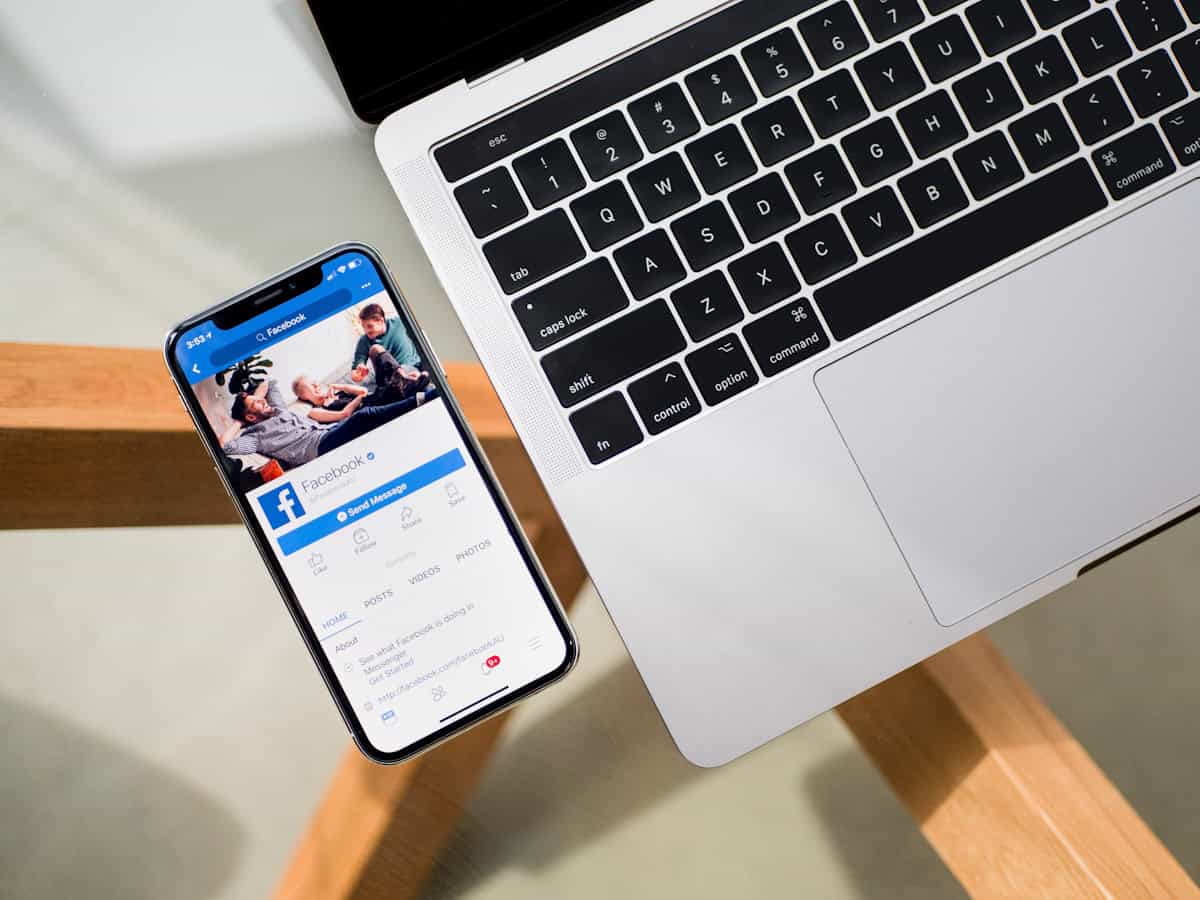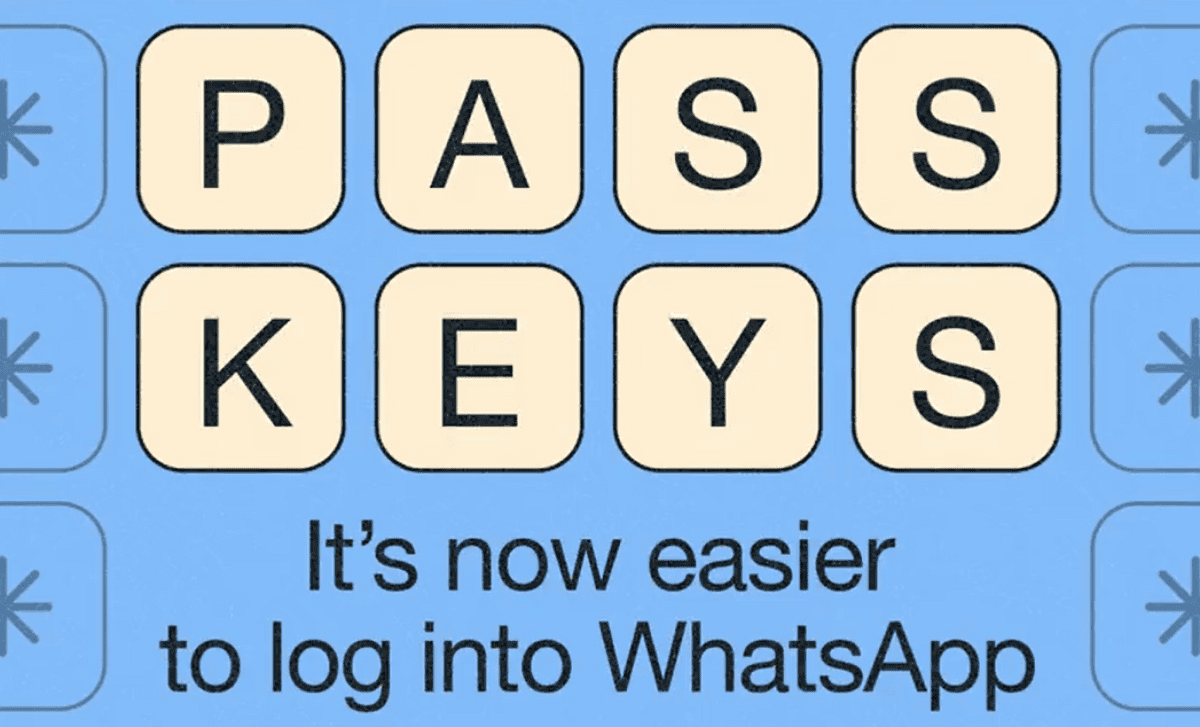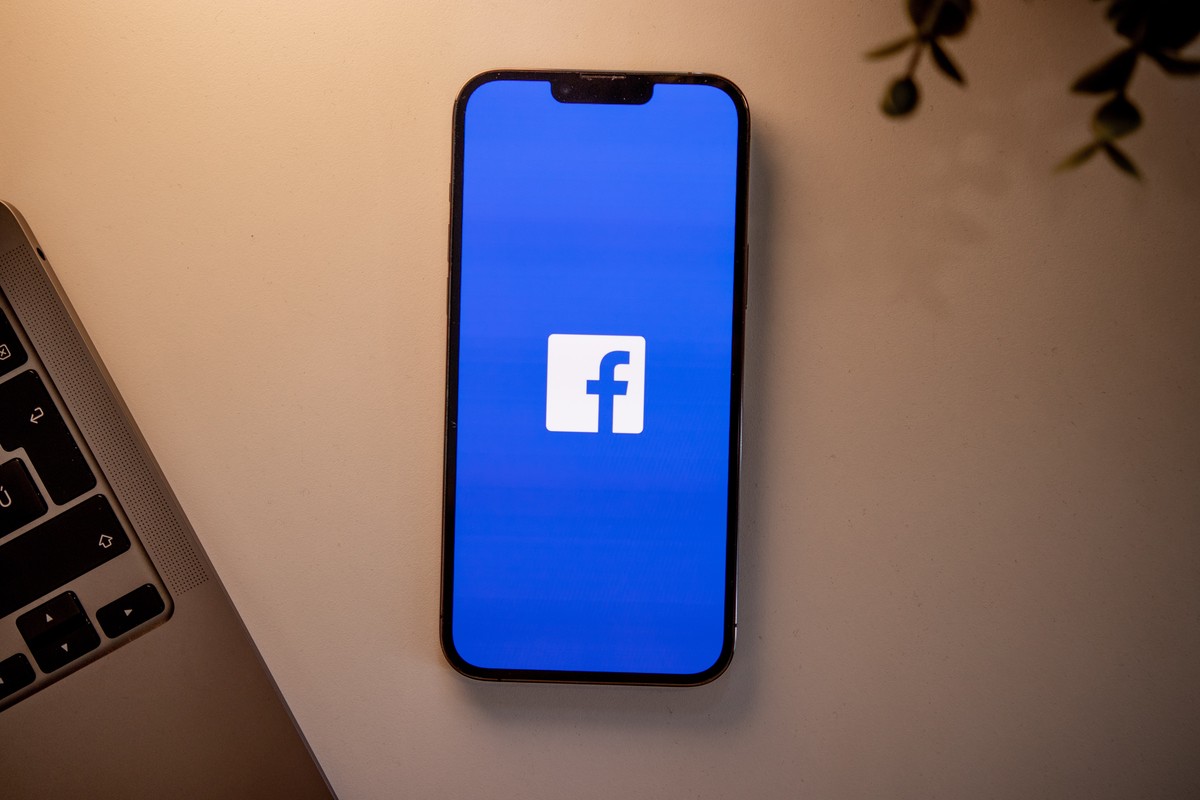Facebook Messages Launched, Facebook.com Emails For All Users

Update: Facebook Messages in this form is not available anymore.
In a blog posting that just went live, Facebook's Joel Seligstein announced Facebook Messages, a new service for users to stay in contact with each other.
Information are scarce and there is not one screenshot of the interface. Still, here are the top features of Facebook Messages that we could gather from the article:
Facebook Messages Features
- Every Facebook user can get an @facebook.com email address if they want to.
- Facebook Messages is not like email in the traditional sense. It does not have subject lines, recipient email addresses. Users can concentrate on the message and not the technical details. It has been modeled more after chat (where you simply select a user and send the message than standard email)
- Messages is built around friends, and there will be a history of conversations available for each friend regardless of the way messages have been sent (which can be chat, email or SMS) Everything discussed with a friend is shown, from the very beginning to the current day.
- Facebook Messages uses a concept of the social inbox. This divides messages into Facebook friend emails and other emails. Conversations can be moved by the user to the other inbox so that future conversations show up there. There is even an option to bounce all email messages except those from friends. Goodbye spam.
- Facebook Messages and email addresses will be launched gradually over the coming months. Users receive invitations and once they do, they can invite friends to use messages as well.
Facebook has created a tour of messages which is currently showing an error. It is likely that the tour will be available later today.
Update: Messages Tour is now accessible. You can request an invite to Facebook Messages on the page to be use the service earlier.
All your messages together
Get Facebook messages, chats and texts all in the same place.
- Include email by activating your optional Facebook email address.
- Control who can send you messages through your privacy settings.
Full conversation history
See everything you've ever discussed with each friend as a single conversation.
- No need for subject lines or other formalities
- Easily leave large conversations that no longer interest you
The messages you want
Focus on messages from your friends.
- Messages from unknown senders and bulk email go into the Other folder
- Spam is hidden from view automatically
Facebook Messages FAQ
How do I upgrade to the new Messages?
- We’re rolling out the new Messages to everyone gradually, so you should see steps to upgrade soon. If you want to access the new Messages sooner, visit the Learn more page to request an invitation (invitations will be sent pending availability).
- How do I invite friends to upgrade to the new Messages?
Click "Invite Friends" at the top of your Messages view. The number of remaining invitations you can send will appear in parenthesis next to this link. Note that upgrades may not take effect immediately. - What’s changing with the new Messages?
Messages has always been the place for private exchanges on Facebook, and this won’t change. With the new Messages, now you have easy access to all your private conversations with your friends in one place.The new Messages interface not only displays the Facebook messages you exchange with friends, but it also interweaves your chats, texts and emails (should you choose to create an @facebook.com address). It’s a central place to control all of your private communication, both on and off Facebook.Now when you view a conversation, you’re actually looking at a complete history of all the communication you’ve shared with that person on Facebook — it’s like having an ongoing record of your friendship.
We’ve also added a few key features:
Faster interaction: If you want, you can send messages just by hitting your Enter key, so the new Messages is as fast (and as informal) as an in-person conversation.
Integrated communication: No matter what you’re using to communicate (Facebook, mobile or email), your conversation streams quickly and seamlessly into one place.
Smart filtering: You’ll always see what’s important to you first – messages from the people you’re close to take precedence over mailing lists.
Revamped search: Search for either the person you were talking with or what you were talking about to quickly find your message and all the related context.
Adding people to group conversations: Loop new people into the conversation, giving them full access to everything that’s been said so far.
Forwarding: Pass individual messages along to other friends.
Unsubscribing, or removing yourself from a conversation: Leave a group conversation when you no longer wish to receive new messages.
Sending attachments: In addition to sending links, photos and videos, you can now attach external files to your messages. - How are messages organized?
Messages are grouped into one ongoing conversation with each friend or group of friends, not by date or subject line. Thanks to smart filtering, you’ll always see messages from your friends, and friends of friends, first. - Why would I want to set up a Facebook email address? How does email work with messages?
There are many benefits to claiming your Facebook email address:
It’s free and easy to set up.
Having your email integrated with your messages, chats and texts makes it easier to check them all at once. And if you’re looking for a message later, you don’t have to worry about how it was sent since all your different types of messages are in one place.
Your Facebook messages are compatible with traditional email systems (e.g., Hotmail, Yahoo or Gmail). When people send you emails from these external systems, they’re delivered directly to your Facebook Messages. And when you send messages to external email addresses, they’re formatted to look like your messages on Facebook, including your name and profile picture along with your message.
Owning your @facebook.com address makes it easier for friends and family who are not on Facebook yet to connect with you.
Your other email addresses may change over time, but your Facebook email never does. - Does the new Messages give me more control over which messages I see?
Unlike traditional messaging systems, where you have no control over who can message you once someone has your contact information, Facebook Messages lets you decide how you connect with friends and the people around you. Some key features that give you more control include:
Smart filtering: The tiered mailbox system allows you to focus on messages from the people you’re closest to, based on who you’re friends with on Facebook. Messages from other sources (such as spam and bulk email) automatically go to the "Other" folder.
Privacy: Your "Send me messages" privacy setting controls your Facebook messages. If you want, you can edit this setting so that certain messages are never delivered to you.
Selective delivery: The only messages you’ll receive are those that fall within the setting you choose. For example, if you have selected the "Friends of Friends" setting, then messages from email addresses that we can’t determine belong to a friend or a friend of a friend won’t be delivered to you. Instead, those senders will receive an automatic bounce-back reply.
Blocking: As always, you can block people, applications and websites on Facebook. When you block an application or a person, they will not be able to send you messages or contact you in any way.
Optional email address: You can choose to set up to an @facebook.com address that is compatible with traditional email systems. To start including email, text messages and chat as part of your conversations within Facebook Messages, click the "Edit: Settings" links at the bottom of your main messages page.
Leaving a conversation: You can leave group conversations if you no longer wish to participate. - How will people be able to find my Facebook email address?
If you choose to set up your email address, by default your Facebook email address does not appear as part of your contact information on your profile. However you can easily adjust your messages privacy setting to share your email address with friends.Important note about your Facebook email address
Your Facebook email address is the same as your public username. So if your Facebook URL is facebook.com/publicusername, your email address would be publicusername@facebook.com.Since your Facebook username is publicly viewable — much like a custom license plate number — this means that anyone who can see your public username (for example in a search) will be able to figure out your Facebook email address. However, you always have control over who can send you messages.





















I predict that Facebook Messages will be the first big fail of Facebook and more and more people will realise what facebook actually wants to own. It’s our privacy!
How about a facebook boxers, facebook donut, facebook facebook. Does anyone know where will all this end and is it all really so so important to our lives. Is anyone going to like a email address with @facebook.com????? Doesnt it sound a bit strange. This is beyond social networking, its like social intrusion without invitation.
i dont need a facebook email, facebook food, car, editor, OS, PC, browser, etc. i have microsoft & google for that.
I don’t think it can suppress the popularity of Gmail.
This might come to the delight of a large chunk of the social network giant’s users, and while this does push FB into a deeper level of communication and possibly lure more businesses to use the site, this is hardly groundbreaking. Even some smartphones have been integrating different messaging platforms on the client end to arrive at basically the same result. Add some filters and custom views and you pretty much have the same thing. In addition, I wonder how many users will be worried about Zuck and crew with their somewhat sketchy history of privacy protection having access to even more communications (read data) of their users?
Facebook: Reinventing the wheel one spoke at a time.